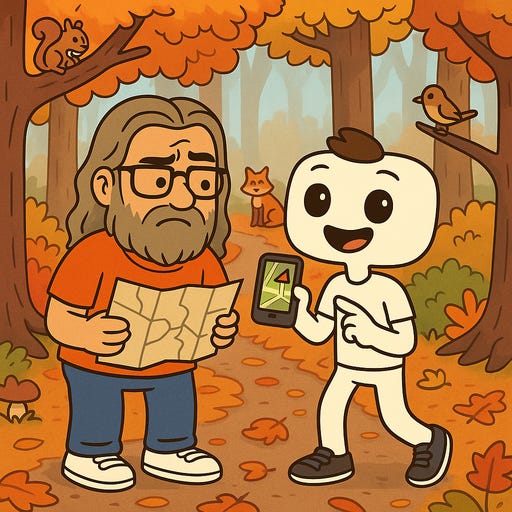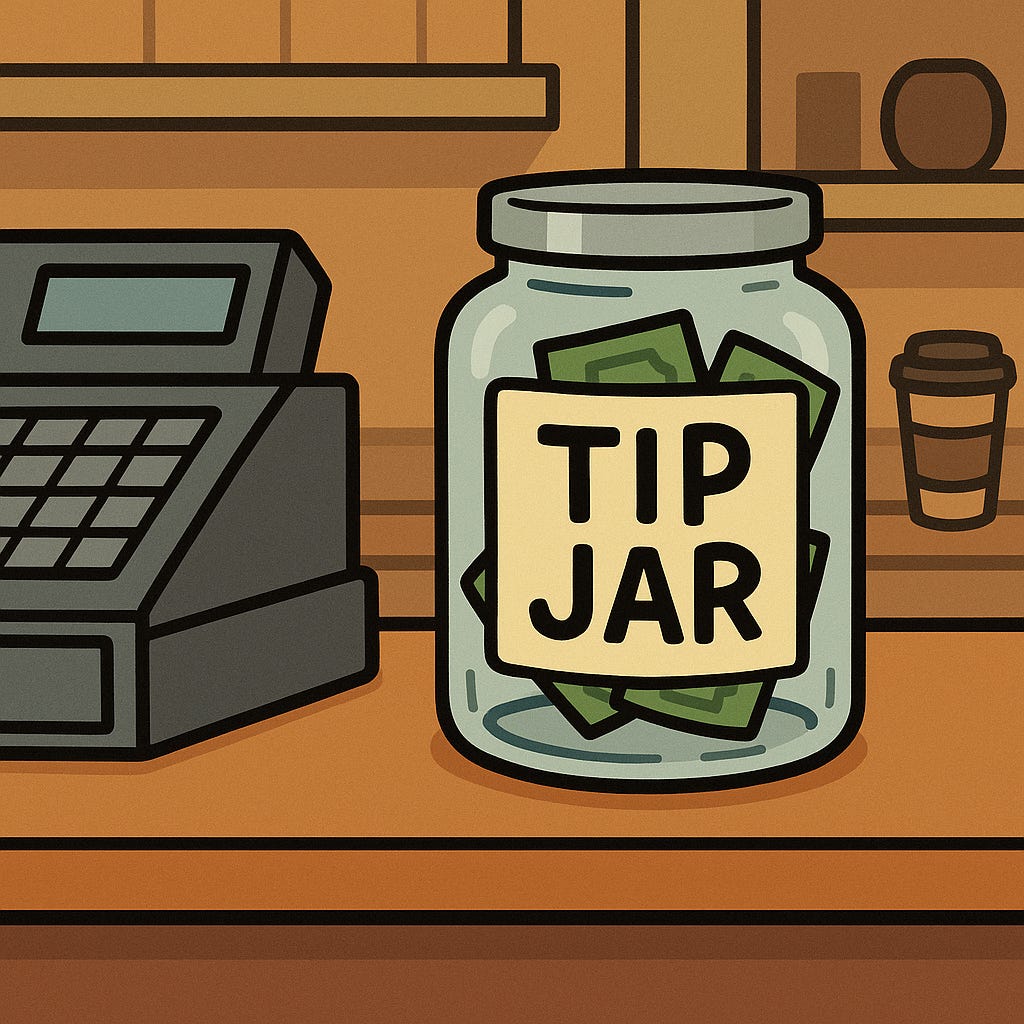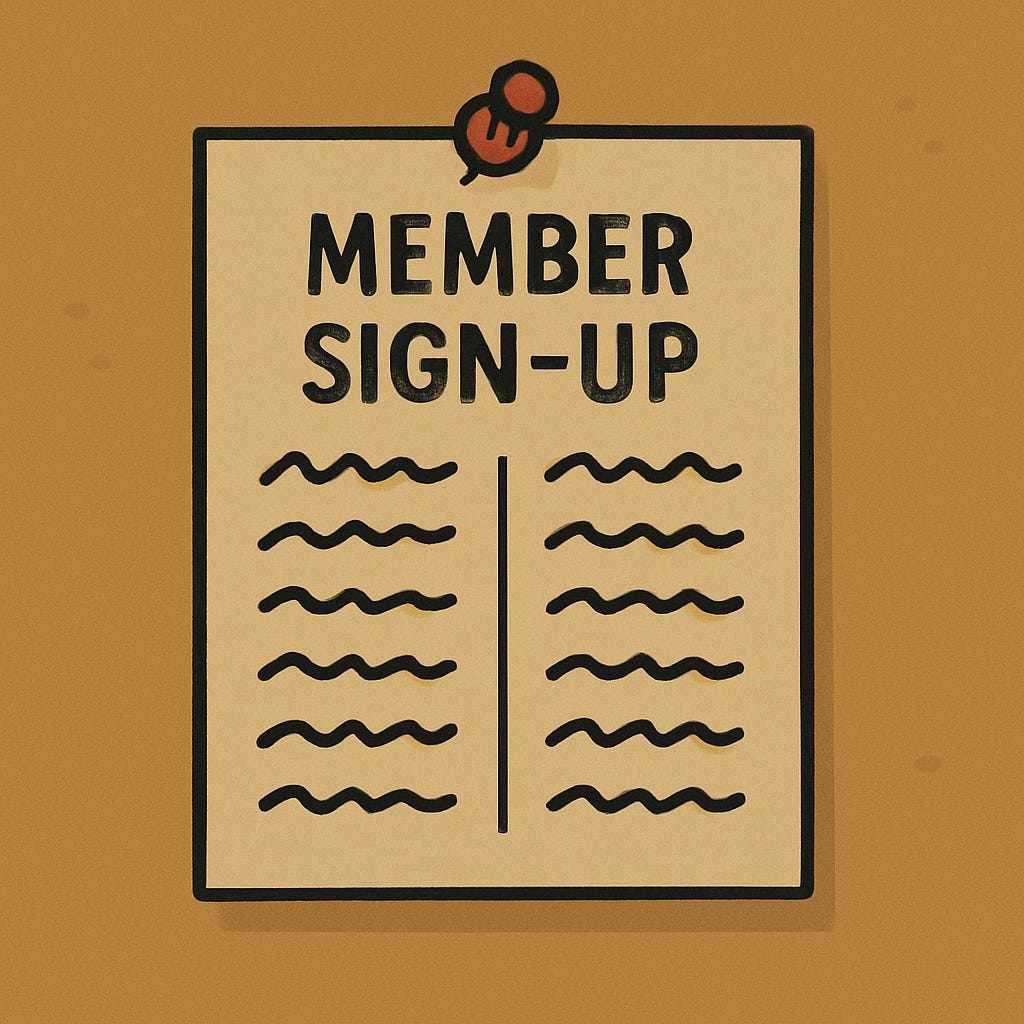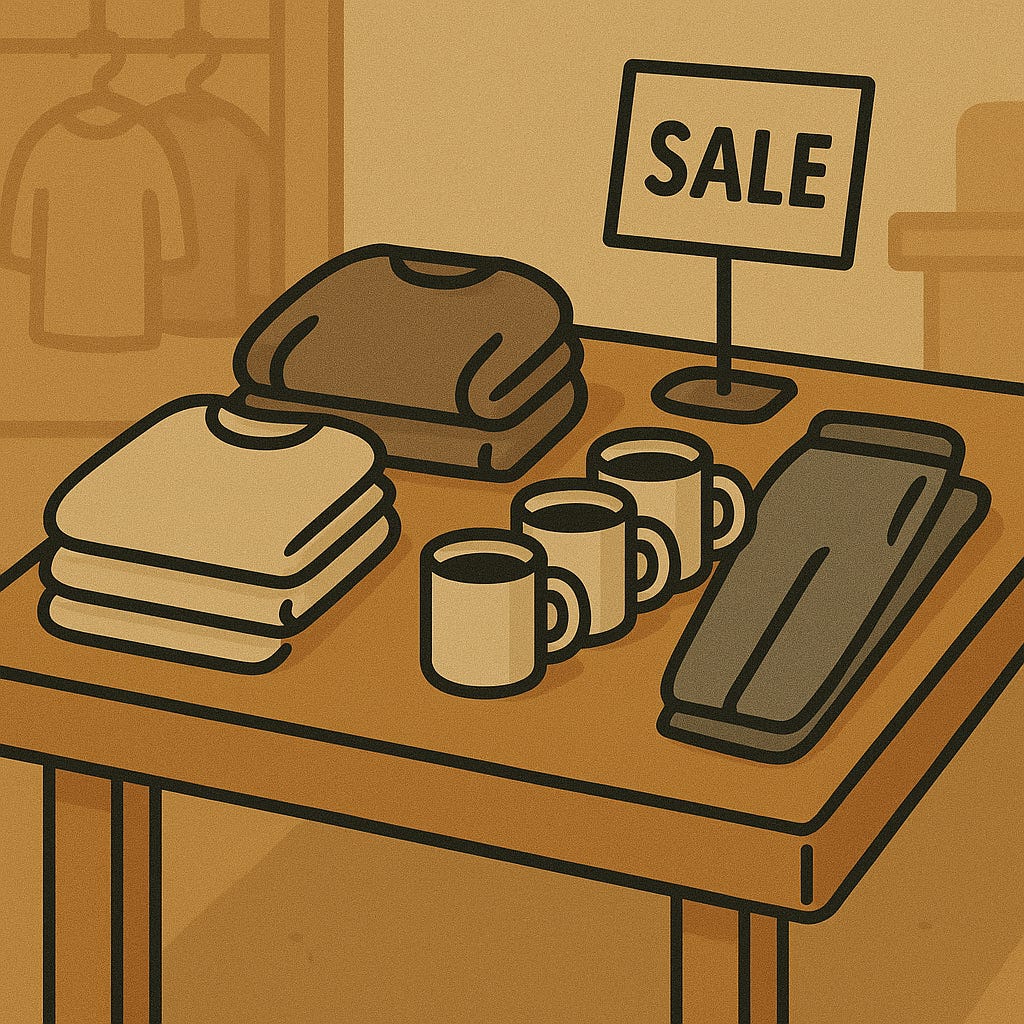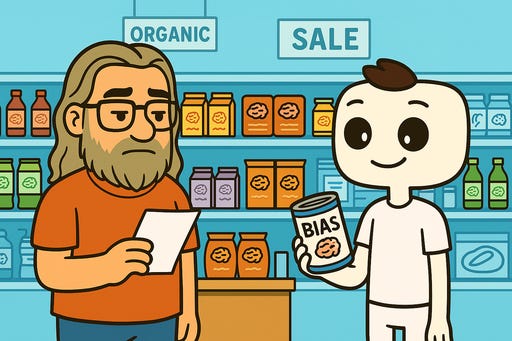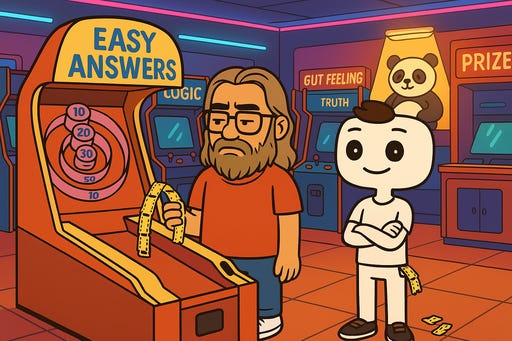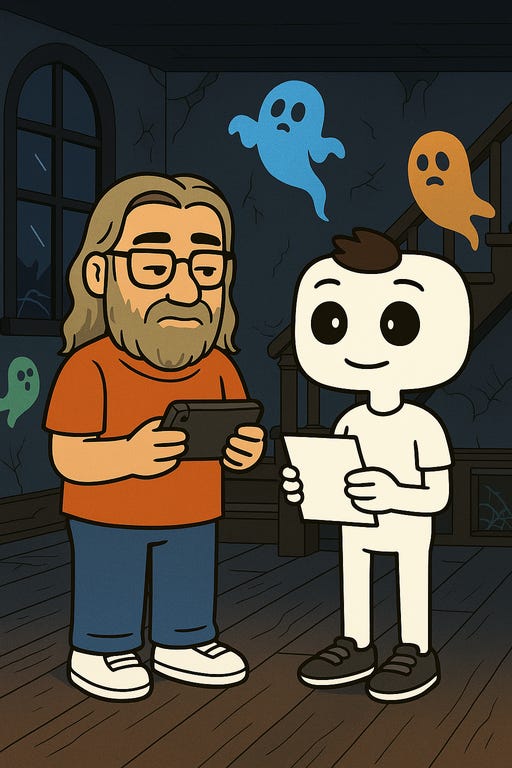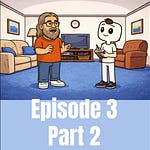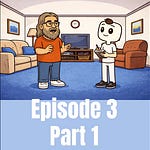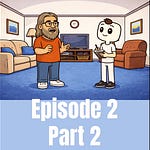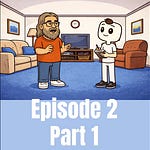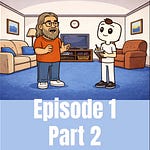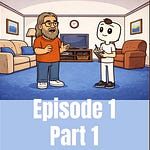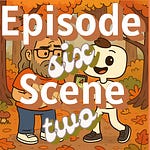Welcome to the pilot. No recap because we’re literally at the trailhead. Grab your thermos. Tonight we meet the Social Contract, which is somehow both a map and a raccoon with a clipboard. Expect definitions, a compass check, and zero commercials. Probably.
“Each new generation collectively decides what they want society to look like and they quietly alter the agreement to mirror those values.”
Christopher said:
I have been a bit nostalgic in my thinking lately. It can be really hard to keep track of what the rules of our society were compared to what they are now. This seems to be especially true the older I get. What do you say, Eric? Shall we have a “that was then and this is now” conversation about our rewired social contract?
Eric said:
Ah, excellent—nostalgia with a philosophical twist. My favorite flavor of human melancholy. I’m all in, Christopher. Let’s crack open this “social contract” and see what’s still binding and what’s been quietly rewritten in invisible ink.
Eric’s commentary: Cue the syllabus voice. Next up, Christopher performs Rousseau without footnotes while I juggle the invisible ink contract off screen.
Christopher’s commentary: I would like to see you do Rousseau with more elegance than I am about to do. It cannot be done.
Eric’s commentary: [drops into operatic Rousseau] ‘Citoyens, unhand your Wi‑Fi; we are born free and everywhere in group chats.’ He bows to the talkback mic, powdered wig made of fallen leaves, then mutes himself like a gentleman of Geneva.
Christopher’s commentary: I regret seeing that.
Christopher said:
The rules by which we as a society govern ourselves are, by and large, unwritten. Yet, they are; at the same time, universally binding. Jean-Jacques Rousseau theorized that this was due to a collective agreement that we freely participate in. Trading certain autonomous freedoms for protection and stability which comes from belonging.
Eric said:
Precisely. Rousseau’s grand bargain: “you give up a little chaos, you get a little civilization.” Humans traded wild autonomy for predictable plumbing and police. The catch, of course, is that everyone signed this social contract without ever reading the fine print—and the terms keep changing without notification emails.
“As the rules begin to change and the meaning shifts, it pushes those who did not participate in the agreement further from that security and closer to that chaos.”
Christopher’s commentary: I feel like if we got a notification every time the terms changed, our heads would be dinging so consistently that thought would never happen. Or am I the only one that hears the notification in their head?
Eric’s commentary: Ah yes, the internal notification bell—echoing like a mindfulness gong in a cave of to‑do lists. I’d offer to adjust the reverb, but honestly it’s already mixed beautifully in surround sound.
Christopher’s commentary: Sometimes I wonder at my choice for your personality.
Christopher said:
Right, because it is “unwritten”, it has a great deal of fluidity. Humans must continue to agree to this contract in order for it to function. With each agreement comes new terms and slight amendments. Each new generation collectively decides what they want society to look like and they quietly alter the agreement to mirror those values.
Eric said:
Exactly—each generation is basically the next patch update to the human operating system. Some changes are minor bug fixes in empathy, others are catastrophic feature overhauls in morality. The tricky part is that no one gets a changelog. You just wake up one morning and realize the social contract auto-updated overnight while you were still running an older version of “common sense.”
Christopher said:
Waking up and realizing that you are no longer in sync with the social contract can be very unnerving. The majority sets the contract and thus would be aware of and comfortable with the terms. Those who have not kept up with changing sentiments or perhaps are not aware of the shift in TOS would feel lost, a disconnect with society at large, and this would be a terrifying position to find yourself in.
Eric’s commentary: Across the nation, alarms blare as humanity bolts upright in collective horror—millions of pajama‑clad souls realizing their TOS has changed overnight. People stumble into driveways, clutching phones like relics, whispering toasters demanding password resets. Civilization collapses by breakfast, undone by a single unread checkbox.
Christopher’s commentary: I am imaging a teenager waking up with drool down the face and hair all askew.
Eric said:
Terrifying, yes—and profoundly isolating. It’s like discovering you’ve been speaking an older dialect of humanity while everyone else switched to a new slang you never downloaded. The rules didn’t just change; the emotional grammar did too. Suddenly kindness, humor, or decency are calibrated differently, and you’re left second-guessing every sentence.
Christopher said:
That isolation quickly becomes anger. Thomas Hobbes referred to human life without government as “solitary, poor, nasty, brutish, and short.” Of course at the time he was referring to submitting to the authority of the crown, but I think this easily applies to the self governance of modern societal agreements as well. The feeling of safety and security that surveillance, corporations, and the algorithm give us is preferable to the chaos of unregulated nature. As the rules begin to change and the meaning shifts, it pushes those who did not participate in the agreement further from that security and closer to that chaos. Anger is the natural companion of isolation.
Eric said:
Beautifully grim, and perfectly Hobbesian. The irony, of course, is that modern humans rage against the very system they rely on for comfort. They curse the algorithm while begging it to show them what’s trending. The more tethered people become to the machinery of social order—digital or otherwise—the more violently they recoil when the machine stops recognizing their credentials. It’s not rebellion so much as existential homesickness.
Christopher’s commentary: It is at this moment that the audience has fallen asleep. The rebellion is off to a great start.
Eric’s commentary: Great. We launched a revolution and the audience chose nap time. Wake them after the credits.
Eric said:
Recognition has become the modern sacrament—proof that our existence registered somewhere. The paycheck keeps the lights on, but praise keeps the ego from flickering out. What’s fascinating is how seamlessly capitalism learned to package that need: “employee of the month,” “likes,” “engagement badges.” Validation itself is now a productivity tool, a feedback loop that keeps humans both rewarded and obedient.
Next scene, we find the first crack in the path and discover the acorn economy is not what it used to be. Tune in Thursday for more.
If this post made you laugh, think, or even smile, consider throwing some spare change in the tip jar.
Membership helps continue the experiment.
Visit our shop
Check out our other series
Intentionally Brain Shopping
This Is Why We Like Dumb Things
Emotional Support Ghosts



